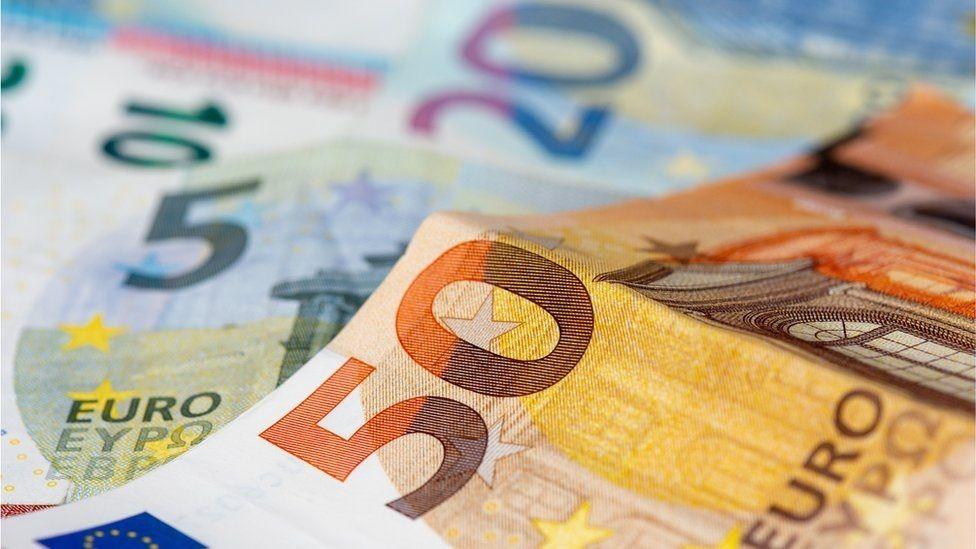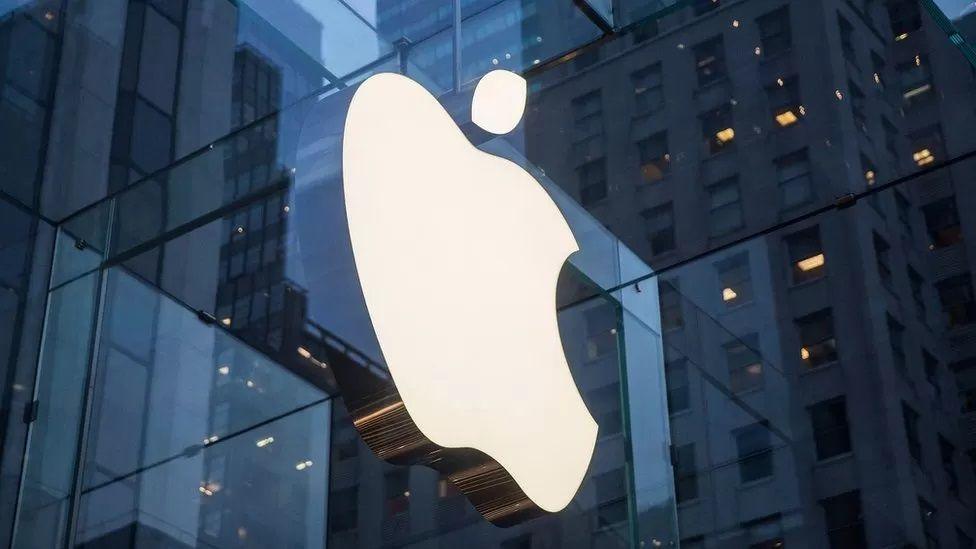Record €6.3bn corporation tax collected in Ireland

At a glance
Ireland’s tax authorities collected a record €6.3bn in corporation tax in November
The Irish government is setting up a sovereign wealth fund with the windfall
Despite the record tax haul, Finance Minister Michael McGrath said it was clear the era of persistent over-performances was coming to an end
Ireland has benefitted from reforms to tax rules, which means major firms pay much of their global tax in the country
- Published
Ireland’s tax authorities collected a record €6.3bn (£5.4bn) in corporation tax during November.
There had been concerns the country’s corporation tax windfall was waning after three consecutive months of weakening performance.
The Irish government is setting up a sovereign wealth fund with the windfall.
Ireland has benefited from reforms to tax rules, which means major companies pay much of their global tax in the country.
Finance Minister Michael McGrath said it was important to put the November performance in context.
"While corporation tax is now 4% ahead of 2022, it is clear that the era of persistent over-performances is coming to an end," he said.
"The volatility in this revenue stream highlights the importance of ensuring that permanent fiscal commitments are not made on the basis of temporary receipts."
In the middle of the last decade some of the world's biggest companies, including Apple, began to reorganise their affairs in a way that meant they would pay a lot more tax in Ireland.
This was partially a response to the pressure on big companies to clean up their act on tax.
The principle was that companies should declare profits in locations where they have substantial real operations or activities rather than just a low-tax location where they happen to have an office with few employees.
Ireland fitted the bill as it was a low-tax jurisdiction, but companies like Apple had long had real operations in the country, employing thousands of people.

Companies like Apple employ thousands of people in the Republic of Ireland
Last year Ireland raised €22.6bn (£20bn) in corporation tax, 182% more than the €8bn (£7.08bn) it took in just five years ago.
It will surpass that figure this year with €22bn collected up to November.
Paschal Comerford, tax director at accountancy firm Grant Thornton Ireland, said the November performance had "far exceeded all expectations".
He suggested it most likely reflects "the strong performance of the technology sector, which this year has significantly outperformed the pharma sector, with the latter having enjoyed a boom during Covid".
He added that so far there was no sign of "behavioural changes amongst large multinational groups" in response to a global minimum tax rate.
That means the largest firms in Ireland will see their headline tax rate rise from 12.5% to 15%.